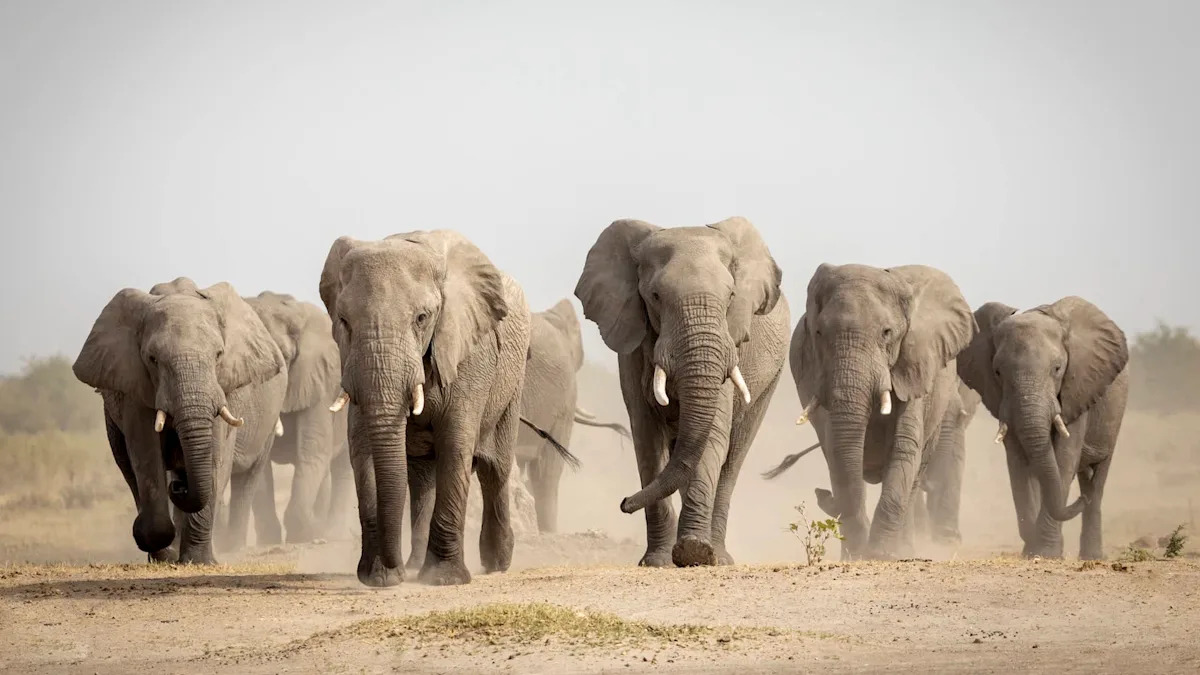As forests shrink and towns expand, encounters between people and wildlife are becoming harder to avoid. Across India, elephants increasingly wander into estates and villages in search of food or familiar paths, often leaving behind frightened communities and damaged homes.
What happened?
In Tamil Nadu’s hill town of Valparai, tucked deep within Southern India’s Western Ghats, a quiet morning turned chaotic when a herd of eight wild elephants stormed through estate neighborhoods, tearing down walls and scattering residents in fear. The group first raided a tea shop before moving through the neighborhood, smashing through walls, doors, and windows.
“They broke the walls, doors, and windows of around four asbestos-roofed houses,” DTNEXT reported.
On its way toward the Sincona area, the herd continued its path of destruction, damaging a temple wall at the Sirukundra Estate and overturning a pushcart near the Koolangal River, a popular tourist spot.
The rampage came just a day after tragedy struck nearby, as a 55-year-old woman and her 3-year-old granddaughter were trampled to death by a wild elephant after their home was attacked in the Water Falls area.
Why is this concerning?
Encounters such as these are growing more common across India’s forest-fringe regions — especially in states such as Tamil Nadu, where sprawling estates and agricultural land border protected forest zones. As deforestation and human expansion fragment elephant habitats, herds are forced to wander into tea plantations and villages in search of food and water.
When elephants lose access to their natural foraging grounds, they often follow old migration routes that now cut through populated areas, leading to crop destruction, property loss, and, increasingly, fatal encounters. Beyond the immediate danger, these incidents highlight how shrinking ecosystems and resource pressures are driving wildlife closer to human life, blurring boundaries that once kept both safe.
What’s being done to reduce these encounters?
Following the latest incident, Pollachi Member of Parliament K. Eswarasamy convened an emergency meeting in Valparai with local and forest officials, according to DTNEXT. He urged the municipality to improve lighting in estate areas and to “identify conflict-prone areas to enhance monitoring by the forest department.” Eswarasamy also called for increased preparedness among forest teams and promised to take the matter to Chief Minister M.K. Stalin to push for stronger mitigation projects.
Experts say long-term solutions will depend on a mix of community readiness and ecological restoration — protecting elephant corridors, replanting native vegetation, and ensuring that humans and wildlife can coexist safely in the biodiverse hills of Tamil Nadu’s Western Ghats.
Join our free newsletter for good news and useful tips, and don’t miss this cool list of easy ways to help yourself while helping the planet.

